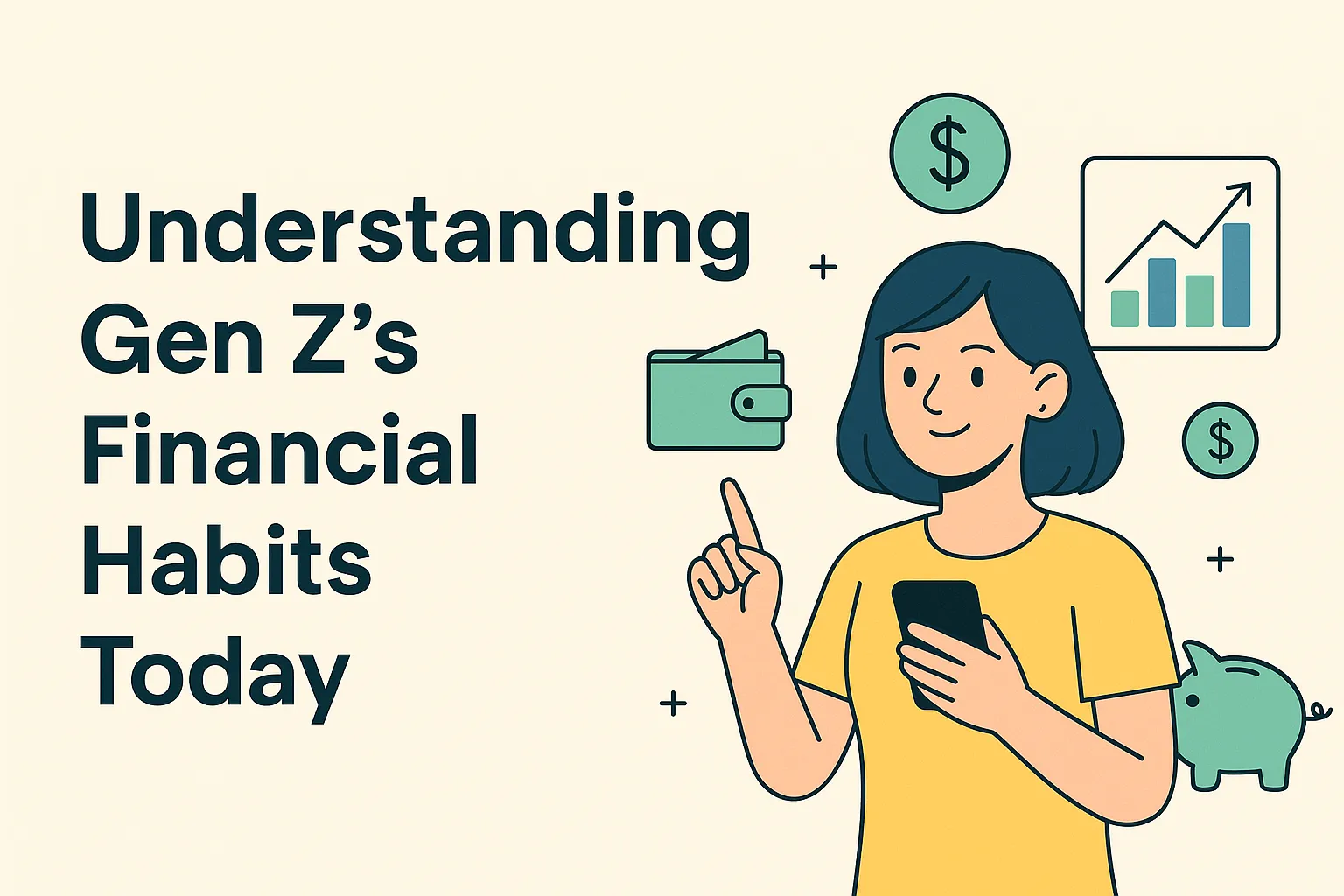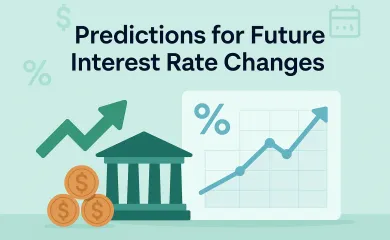Understanding Gen Z's Financial Habits Today

Meet Gen Z: The Financially Conscious Disruptors
Born between 1997 and 2012, Gen Z is no longer just a young, emerging generation. Many are now in their 20s, earning their own income, paying rent, investing, and making financial decisions that challenge long-held norms.
Unlike Millennials, who came of age during a global recession, Gen Z grew up watching their parents and older siblings struggle with debt, rising costs of living, and unstable job markets. This background has shaped them into a generation that’s surprisingly financially cautious—but also tech-savvy and value-driven in ways we’ve never seen before.
So, what exactly makes Gen Z’s financial habits so unique in 2025? Let’s dive in.
Saving Comes First—Even on a Tight Budget
Despite stereotypes of being impulsive or carefree, Gen Z takes saving money seriously. In fact, surveys show that over 60% of Gen Zers actively save each month, even when their income is limited. Many are driven by the fear of financial instability, and they’re keenly aware that relying on a single paycheck isn’t sustainable.
What’s interesting is that saving isn’t just about stacking cash in a bank account. This generation is using budgeting apps like Zeta, YNAB, and Rocket Money to track their spending in real-time. They want control. They want transparency. And they want automation—so their savings don’t depend on willpower alone.
Credit? Yes, But With Caution
Unlike previous generations who may have embraced credit cards with open arms, Gen Z approaches credit with a mix of interest and skepticism. Many are wary of falling into debt and prefer debit-first behavior. But that doesn’t mean they’re anti-credit.
In fact, Gen Z is increasingly using “credit-building” tools like secured cards or apps like Self and Kikoff, allowing them to improve their credit score without overspending. They understand the importance of credit, but want to build it on their terms—with guardrails in place.
Investing Early and Differently
Gen Z is investing earlier than any previous generation. Thanks to platforms like Robinhood, Public, and Fidelity Youth, they can start investing with just a few dollars—and they are.
But here’s where it gets interesting: they’re not just buying stocks for retirement. They’re investing based on values. ESG (Environmental, Social, and Governance) investing is hugely popular with this group, and many will choose a “green” or ethical ETF over a higher-yielding fund that doesn’t align with their beliefs.
Cryptocurrency? It’s still on the radar—but Gen Z has become more cautious post-2022 crash. Many now see crypto as a long-term speculation, not a quick win.
Digital Banking Is the Norm
Brick-and-mortar banks? Not a priority. Gen Z prefers mobile-first, no-fee banking experiences. Think Chime, SoFi, and Cash App— platforms where you can get paid early, send money in seconds, and manage everything from an app.
But it’s not just about convenience. They expect transparency, no hidden fees, and features like real-time spending alerts and in-app financial education.
Traditional banks that don’t adapt to this digital expectation are already losing ground with this generation.
Financial Education Is DIY (and on TikTok)
One of the most surprising (and sometimes worrying) trends is where Gen Z gets their financial advice. While some turn to blogs, newsletters, or YouTube creators, a huge portion relies on TikTok and Instagram Reels for quick financial tips.
The hashtag #personalfinance has billions of views on TikTok. While this democratizes financial literacy, it also opens the door to misinformation. Still, Gen Z’s hunger to learn—even in bite-sized videos—is a major step forward compared to previous generations who were rarely taught about money at all.
Final Thoughts: What We Can Learn from Gen Z
Gen Z is reshaping the way we think about money. They’re cautious but curious, digitally native but emotionally invested in causes. They save diligently, spend with purpose, and want financial tools that meet them where they are—not where the system used to be.
If you’re a financial brand, educator, or simply someone looking to understand the future of money—you’d be wise to watch this generation closely. Because Gen Z isn’t just adapting to the financial world. They’re rebuilding it.

